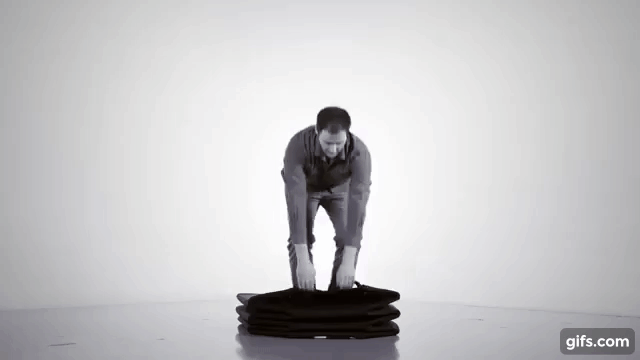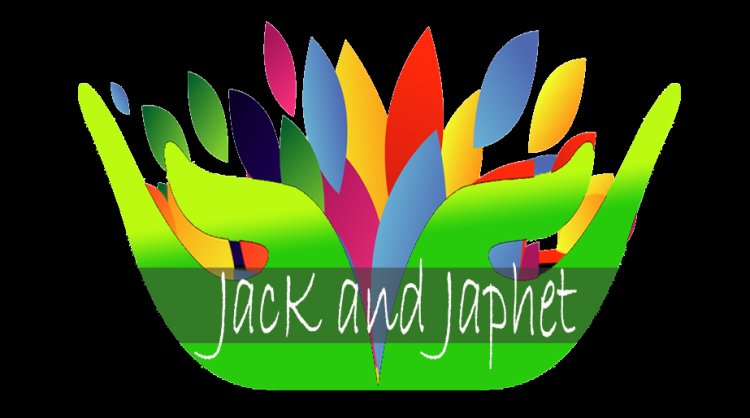Sugarcane
The crimes of the Catholic Church are no secret to most citizens of the Western world. Yet, as is the case with many historical recollections, the deliverance of information is often filtered through a lens of whiteness, and victims of color fall to the footnotes. For many non-Indigenous people, the lack of awareness about the forced attendance to federally-funded, Catholic-run boarding schools in North America is prevalent. “Sugarcane” demands otherwise. These segregated schools, designed to “solve the Indian problem” via indoctrination and shame, became breeding grounds for a wealth of weaponized authority that birthed long-buried, unpunished crimes. Focusing in particular on St. Joseph’s Mission in Williams Lake, BC, Canada (closed in 1981), the documentary pieces together the testimony of former students and anthropological investigators to unearth the damning details of the violent systematic oppression that was allowed to inflict trauma and death upon a century of generations of their community. What ensues is a devastating bombshell of a reckoning. Co-directors Emily Kassie and Julian Brave Noisecat (the latter of which, along with his father, Ed, and grandmother, are subjects in this documentary) have, alongside the revelation of these historical wounds to public light via news media, entered the personal stories and voices that are vital to the understanding of these tragedies and the history of the oppression of American Natives. The discovery of unmarked graves incited the investigation into the school itself, and “Sugarcane” brings the story home. The finesse and care with which Kassie and Noisecat unveil and explore the happenings and residual aftershocks of St. Joseph’s Mission bring the film to another level. Rather than functioning as a dossier, it instead serves as an investigation of generational trauma. From a litany of onsite deaths and unmarked graves to routine abuse and children fathered (and horrifically rid of) by the staff, the horrors of these institutions seemingly have no end. Yet these listed crimes pertain only to the time frame within which students were enrolled. The aftermath of these traumas also bears mortal consequences in the present day via PTSD, substance abuse, and suicide in the communities of alumni. As the film proclaims, “Indigenous peoples are still dying from residential schools. And still living, despite them.” With a triad of personal avenues to unpack the reverb of influence - Noisecat’s relationship with his father, influenced by the latter’s lifelong struggle to cope with his origins (and his own mother’s pain in doing in the same), the religious and ancestral reckoning of the late Chief Rick Gilbert, and the overarching criminal research by investigators Whitney Spearing and Charlene Belleau - “Sugarcane” is deeply human, giving living, breathing faces and families to a history that, even when acknowledged, is too often rendered monolithic and impersonal. It begs the action of accountability, something so frequently symbolic rather than reparative, displayed through thin acknowledgments from Trudeau and a hollow offering of sympathy from Pope Francis (with no apology, compensation, or artifact returns to follow). “Sugarcane” is soul-shaking. It’s profoundly evocative, with spoken memories and moments of inability to muster the words gut-punching with equal measure. The landscape of the communities’ culture as a backdrop – stunning, sprawling topography and a score of diegetic traditional soundscapes – counters the revelation of tragedies with the reminder of the colorful, resilient culture that persists. Even as it educates on the history of institutional cruelty, the film is less attuned to an overarching thesis on the oppressive powers. Instead, as “I love you” transitions to a traditional song, “Sugarcane” bursts with the acknowledgment that they are most concerned with the emotional and the personal: the preservation and healing of their communities, still standing despite it all.


The crimes of the Catholic Church are no secret to most citizens of the Western world. Yet, as is the case with many historical recollections, the deliverance of information is often filtered through a lens of whiteness, and victims of color fall to the footnotes. For many non-Indigenous people, the lack of awareness about the forced attendance to federally-funded, Catholic-run boarding schools in North America is prevalent. “Sugarcane” demands otherwise. These segregated schools, designed to “solve the Indian problem” via indoctrination and shame, became breeding grounds for a wealth of weaponized authority that birthed long-buried, unpunished crimes.
Focusing in particular on St. Joseph’s Mission in Williams Lake, BC, Canada (closed in 1981), the documentary pieces together the testimony of former students and anthropological investigators to unearth the damning details of the violent systematic oppression that was allowed to inflict trauma and death upon a century of generations of their community. What ensues is a devastating bombshell of a reckoning.
Co-directors Emily Kassie and Julian Brave Noisecat (the latter of which, along with his father, Ed, and grandmother, are subjects in this documentary) have, alongside the revelation of these historical wounds to public light via news media, entered the personal stories and voices that are vital to the understanding of these tragedies and the history of the oppression of American Natives. The discovery of unmarked graves incited the investigation into the school itself, and “Sugarcane” brings the story home.
The finesse and care with which Kassie and Noisecat unveil and explore the happenings and residual aftershocks of St. Joseph’s Mission bring the film to another level. Rather than functioning as a dossier, it instead serves as an investigation of generational trauma. From a litany of onsite deaths and unmarked graves to routine abuse and children fathered (and horrifically rid of) by the staff, the horrors of these institutions seemingly have no end. Yet these listed crimes pertain only to the time frame within which students were enrolled. The aftermath of these traumas also bears mortal consequences in the present day via PTSD, substance abuse, and suicide in the communities of alumni. As the film proclaims, “Indigenous peoples are still dying from residential schools. And still living, despite them.”
With a triad of personal avenues to unpack the reverb of influence - Noisecat’s relationship with his father, influenced by the latter’s lifelong struggle to cope with his origins (and his own mother’s pain in doing in the same), the religious and ancestral reckoning of the late Chief Rick Gilbert, and the overarching criminal research by investigators Whitney Spearing and Charlene Belleau - “Sugarcane” is deeply human, giving living, breathing faces and families to a history that, even when acknowledged, is too often rendered monolithic and impersonal. It begs the action of accountability, something so frequently symbolic rather than reparative, displayed through thin acknowledgments from Trudeau and a hollow offering of sympathy from Pope Francis (with no apology, compensation, or artifact returns to follow).
“Sugarcane” is soul-shaking. It’s profoundly evocative, with spoken memories and moments of inability to muster the words gut-punching with equal measure. The landscape of the communities’ culture as a backdrop – stunning, sprawling topography and a score of diegetic traditional soundscapes – counters the revelation of tragedies with the reminder of the colorful, resilient culture that persists.
Even as it educates on the history of institutional cruelty, the film is less attuned to an overarching thesis on the oppressive powers. Instead, as “I love you” transitions to a traditional song, “Sugarcane” bursts with the acknowledgment that they are most concerned with the emotional and the personal: the preservation and healing of their communities, still standing despite it all.




















